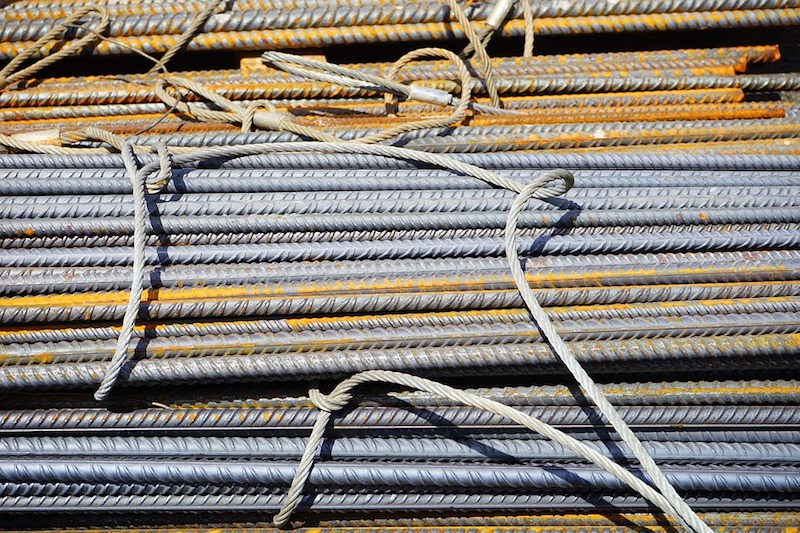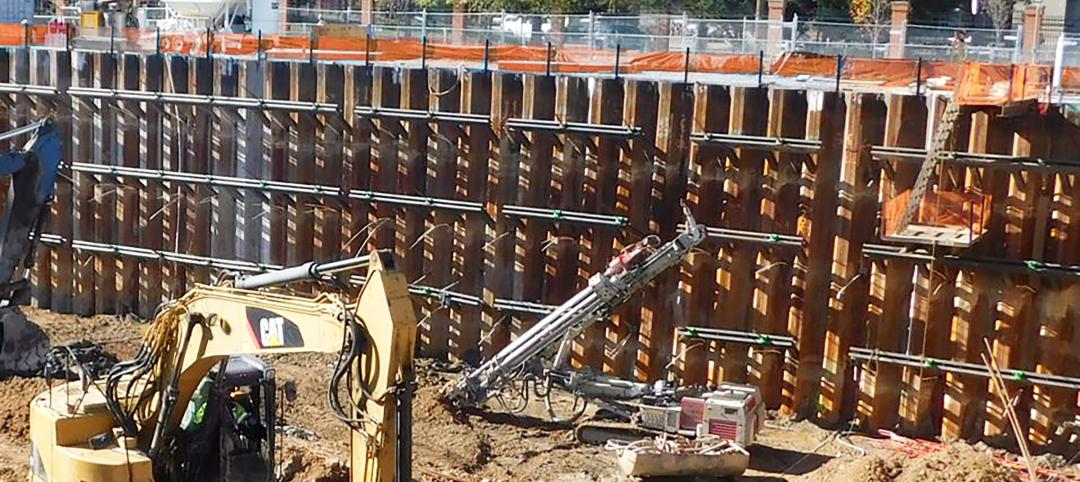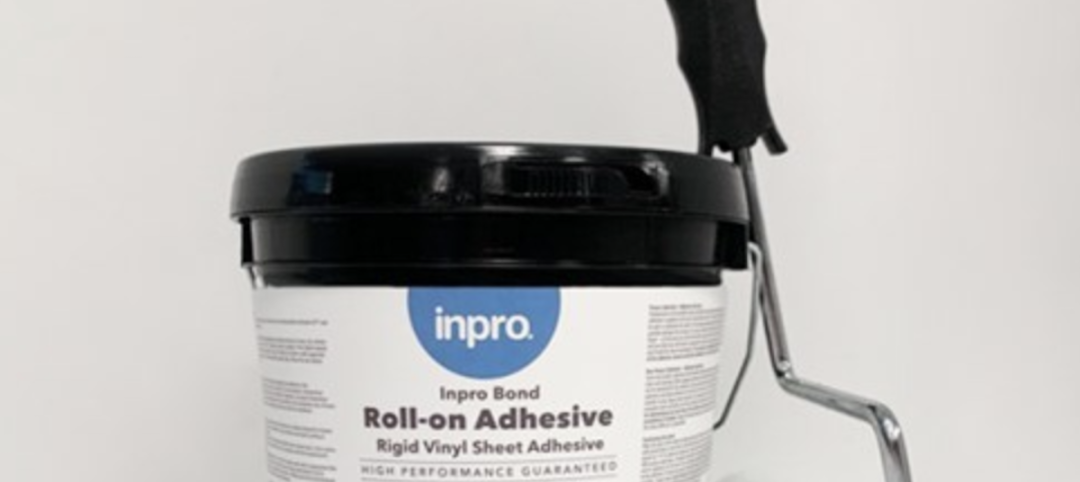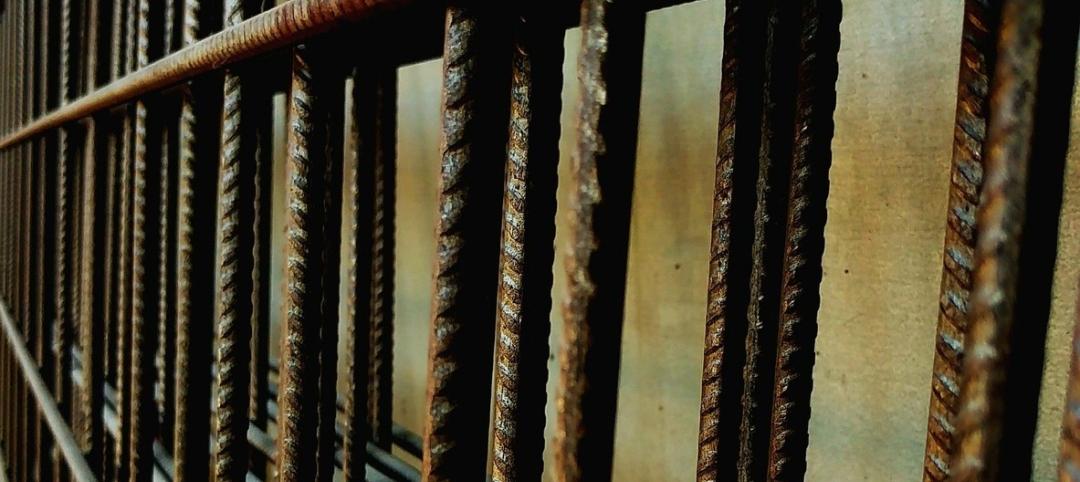When the Trump Administration imposed tariffs of 25% on steel and 10% on aluminum in March, it kicked off one of the nation’s most heated and far-reaching trade wars since the Smoot-Hawley Tariff Act of 1930. That legislation, which was expanded by President Hoover to include more than 20,000 products across the agriculture and industrial sectors, is viewed historically as an abject failure and a prime reason for the sustained economic depression through the 1930s.
Seven months into Trump’s trade war, the jury is still out. The circumstances today are markedly different than 88 years ago, of course. The economy is strong. But America is no longer the global manufacturing powerhouse it once was, and the nation has operated a global trade deficit of $100 billion or more annually since the late 1990s (last year: $795 billion).
Opponents of Trump’s actions on trade argue that the policies are outmoded, shortsighted measures that undermine a free trade economy. Pundits in Trump’s camp believe that any short-term hit to U.S. businesses is worth the potential long-term impact to the economy, particularly the manufacturing sector.
“For the last 25 years, China has been waging a trade war against the United States,” said Dan DiMicco, a senior trade adviser to President Trump’s campaign, during a talk at Metalcon last month. “A lot of us have been fighting that war, but without the resources to win it, until now.”
DiMicco should know. As the former CEO of Nucor Corp., the nation’s largest steel producer, he’s seen firsthand the power a government-controlled economy like China’s can wield. The nation is home to half of the world’s 10 largest steel production operations, and has been known to “dump cheap steel” on the world market to artificially deflate material prices, said DiMicco. More alarming, he said, is the potential threat to national security: “Our defense department says we can no longer supply parts we need for our military. You cannot be a leader of the world if you don’t have a strong manufacturing base and a strong steel industry.”
Meanwhile, the U.S. construction industry keeps humming along. Prices for aluminum- and steel-based materials have soared, but the construction sector seems to be taking it in stride. Nonresidential construction spending reached a record-high $762.7 billion in August, bolstered by a healthy backlog of work. And even when the impacts from the tariffs are factored in, construction industry economists remain largely upbeat with their forecasts for 2019 (tinyurl.com/y9qwcwln).
For now, Building Teams are finding a way to get their projects completed under increasingly onerous circumstances. Is there a tipping point when escalating costs will force developers to shelve projects? Or will prices stabilize to a “new normal” that keeps the work flowing? The answers, unfortunately, are anyone’s guess.
Related Stories
Engineers | Oct 12, 2023
Building science: Considering steel sheet piles for semi-permanent or permanent subsurface water control for below-grade building spaces
For projects that do not include moisture-sensitive below-grade spaces, project teams sometimes rely on sheet piles alone for reduction of subsurface water. Experts from Simpson Gumpertz & Heger explore this sheet pile “water management wall” approach.
Building Materials | Oct 2, 2023
Purdue engineers develop intelligent architected materials
Purdue University civil engineers have developed innovative materials that can dissipate energy caused by various physical stresses without sustaining permanent damage.
Construction Costs | Sep 28, 2023
U.S. construction market moves toward building material price stabilization
The newly released Quarterly Construction Cost Insights Report for Q3 2023 from Gordian reveals material costs remain high compared to prior years, but there is a move towards price stabilization for building and construction materials after years of significant fluctuations. In this report, top industry experts from Gordian, as well as from Gilbane, McCarthy Building Companies, and DPR Construction weigh in on the overall trends seen for construction material costs, and offer innovative solutions to navigate this terrain.
Metals | Sep 11, 2023
Best practices guide for air leakage testing for metal building systems released
The Metal Building Manufacturers Association (MBMA) released a new guidebook, Metal Building Systems - Best Practices to Comply with Whole-Building Air Leakage Testing Requirements.
Fire-Rated Products | Aug 14, 2023
Free download: Fire-rated glazing 101 technical guide from the National Glass Association
The National Glass Association (NGA) is pleased to announce the publication of a new technical resource, Fire-Rated Glazing 101. This five-page document addresses how to incorporate fire-rated glazing systems in a manner that not only provides protection to building occupants from fire, but also considers other design goals, such as daylight, privacy and security.
Green | Aug 7, 2023
Rooftop photovoltaic panels credited with propelling solar energy output to record high
Solar provided a record-high 7.3% of U.S. electrical generation in May, “driven in large part by growth in ‘estimated’ small-scale (e.g., rooftop) solar PV whose output increased by 25.6% and accounted for nearly a third (31.9%) of total solar production,” according to a report by the U.S. Energy Information Administration.
Sustainability | Jul 26, 2023
Carbon Neutrality at HKS, with Rand Ekman, Chief Sustainability Officer
Rand Ekman, Chief Sustainability Officer at HKS Inc., discusses the firm's decarbonization strategy and carbon footprint assessment.
Contractors | Jul 13, 2023
Construction input prices remain unchanged in June, inflation slowing
Construction input prices remained unchanged in June compared to the previous month, according to an Associated Builders and Contractors analysis of U.S. Bureau of Labor Statistics Producer Price Index data released today. Nonresidential construction input prices were also unchanged for the month.
Sponsored | Fire and Life Safety | Jul 12, 2023
Fire safety considerations for cantilevered buildings [AIA course]
Bold cantilevered designs are prevalent today, as developers and architects strive to maximize space, views, and natural light in buildings. Cantilevered structures, however, present a host of challenges for building teams, according to José R. Rivera, PE, Associate Principal and Director of Plumbing and Fire Protection with Lilker.

















